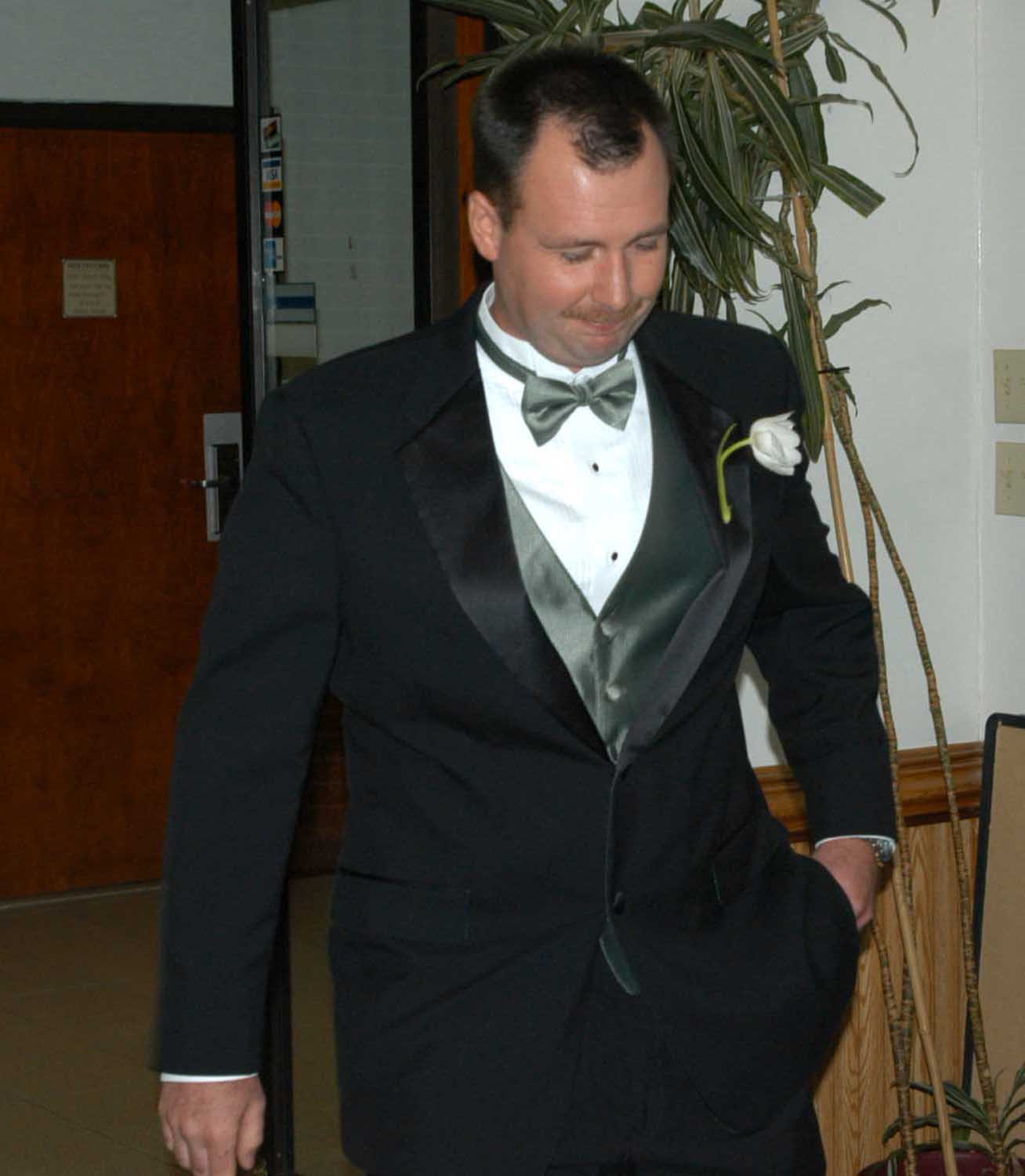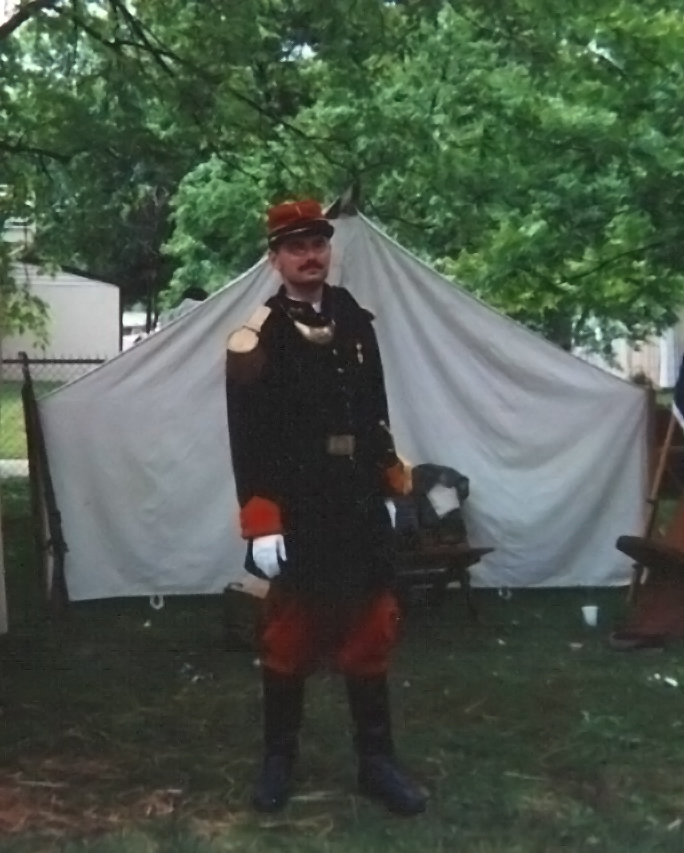Baronet
A Baronet (feminine Baronetess) is the lowest ranking order of nobility within Westarctica, occurring directly below the title of Baron. In a departure from the standards utilized by the United Kingdom, Baronets are considered Westarctican peers. Those bearing the title of Baronet are to be addressed as "Sir" ("Dame" if female) in correspondence.
History of the title
The term baronet has medieval origins. Sir Thomas de La More (1322), describing the Battle of Boroughbridge, mentioned that baronets took part, along with barons and knights. Edward III is known to have created eight baronets in 1328. The title of baronet was initially conferred upon noblemen who lost the right of individual summons to Parliament, and was used in this sense in a statute of Richard II. A similar title of lower rank was banneret.
Present-day baronets in the United Kingdom date from 1611 when King James I granted letters patent to 200 gentlemen of good birth with an income of at least £1,000 a year; in return for the honor, each was required to pay for the upkeep of thirty soldiers for three years amounting to £1,095, in those days a very large sum. In 1619 James I established the Baronetage of Ireland; Charles I in 1625 created the Baronetages of Scotland and Nova Scotia. The new baronets were each required to pay 2,000 marks or to support six colonial settlers for two years. Over a hundred of these baronetcies, now familiarly known as Scottish baronetcies, survive to this day.
As a result of the Union of England and Scotland in 1707, all future creations were styled "baronets of Great Britain." Following the Union of Great Britain and Ireland in 1801, new creations were styled as "baronets of the United Kingdom."
Usage in Westarctica
The title of Baronet was originally utilized by Grand Duke Travis as a means of punishing nobles by demoting them, but still allowing them to remain in the Peerage of Westarctica. This practice was often coupled with branding them a Disgraced noble.
In 2005, Troy Thompson, the Deputy Minister of Defense, was granted the the first authentic title of Baronet as the Baronet of Brandenberger, so-named for Brandenberger Bluff, a steep rock bluff on the far northern side of Mount Berlin. Later that year, his title was elevated to that of Baron.
2015
After Grand Duke Travis revised the system of peerages in 2015, all existing disgraced Baronets were returned to their original peerage ranks, leaving the nation without any Baronets. This situation didn't last long, however, as title of Baronet was reimagined as a kind of knighthood whereby several individuals would hold the same title. For example, there would be a "1st, 2nd, 3rd, Baronet of Westarctica," each held by a different person simultaneously. However, this arrangement proved to be extremely unpopular and only two Baronets were created between 2015 - 2018: one Baronet of the South Pole and one Baronet of Westarctica.
2018
In 2018, following the advice of the Royal Council, the title of Baronet was reestablished as the lowest rank of nobility in the peerage. It began to be granted with more regularity, however it has remained the least popular title, with only ten members (as of 10 March 2020). One useful application for the title has been to grant it as a courtesy title to family members of nobles, especially for same-sex couples where one person holds the rank of Baron/Baroness and giving both individuals the same title might cause confusion.

